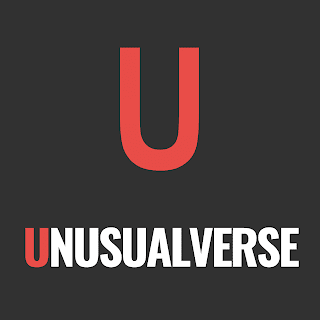Patrick “Paddy” Ladd (born 11 February 1952) is an English Deaf scholar, author, activist, and researcher, widely recognized for developing the influential concept of Deafhood and for his seminal work Understanding Deaf Culture: In Search of Deafhood (2003). He served as a lecturer and MSc programme coordinator at the Centre for Deaf Studies, University of Bristol. A prominent figure in Deaf activism, Ladd helped establish key Deaf rights organizations and contributed to Deaf media and education throughout his career.
Early Life and Education
Paddy Ladd was born deaf and educated through oral mainstreaming during his school years, a challenging context in which he internalized notions of inadequacy due to lack of access to sign language[2]. He later pursued higher education at the University of Bristol, completing his PhD in Philosophy in 1998[1].
Career and Academic Contributions
Ladd was a lecturer and MSc coordinator (initially for an MSc in Deaf Studies until circa 2007, then for an MSc in Deafhood Studies from around 2009) at the Centre for Deaf Studies, University of Bristol. Despite international advocacy, the Centre’s MSc programme was discontinued in 2009, and by July 2013, the entire Centre had closed[1][3].
He held the prestigious Powrie V. Doctor Chair in Deaf Studies at Gallaudet University in Washington, D.C., reinforcing his international academic stature[1][2].
Activism and Media Engagement
Ladd was one of the earliest presenters of BBC’s See Hear, appearing in both sign and speech from its inception in 1984. He was involved in the National Union of the Deaf, one of the earliest British Deaf activist organisations. Beyond academia, he served as the on-stage sign language interpreter for the Grateful Dead during their tours and founded the Sign Zone at the Glastonbury Festival[1][2].
Deafhood: Concept and Impact
Ladd coined the term Deafhood — first in 1990 and popularized through his 2003 book. This concept reframes deafness as a rich, positive cultural and linguistic identity rather than a medical deficit. Deafhood is understood as an ongoing process by which deaf individuals affirm their identity across varying cultural and historical contexts. It emphasizes transnational solidarity and liberation from oppressive hearing-centric views[5][6][7].
Legacy
Ladd’s work has profoundly shaped Deaf Studies, Deaf activism, and pedagogical approaches globally. His concept of Deafhood remains central to understanding Deaf identity, culture, and resistance to audist paradigms [5][13]. The closure of his Centre at Bristol marked the end of an academic era, but his writings and legacy continue to inspire educators, scholars, and Deaf communities worldwide.
- Wikipedia contributors. (n.d.). Paddy Ladd. In Wikipedia.
- Deaf History – Europe. (n.d.). 2003: Paddy Ladd, “Deafhood”.
- Wikipedia contributors. (n.d.). Centre for Deaf Studies, Bristol. In Wikipedia.
- Wikipedia contributors. (n.d.). Deafhood. In Wikipedia.
- DeafFriendly. (2012, Nov 12). What is Paddy Ladd’s “Deafhood” and Have We Found It Yet?.
- Deafhood Foundation. (n.d.). Dr Paddy’s Corner.
- Ladd, P. (2003). Understanding deaf culture: In search of deafhood. Multilingual Matters.










